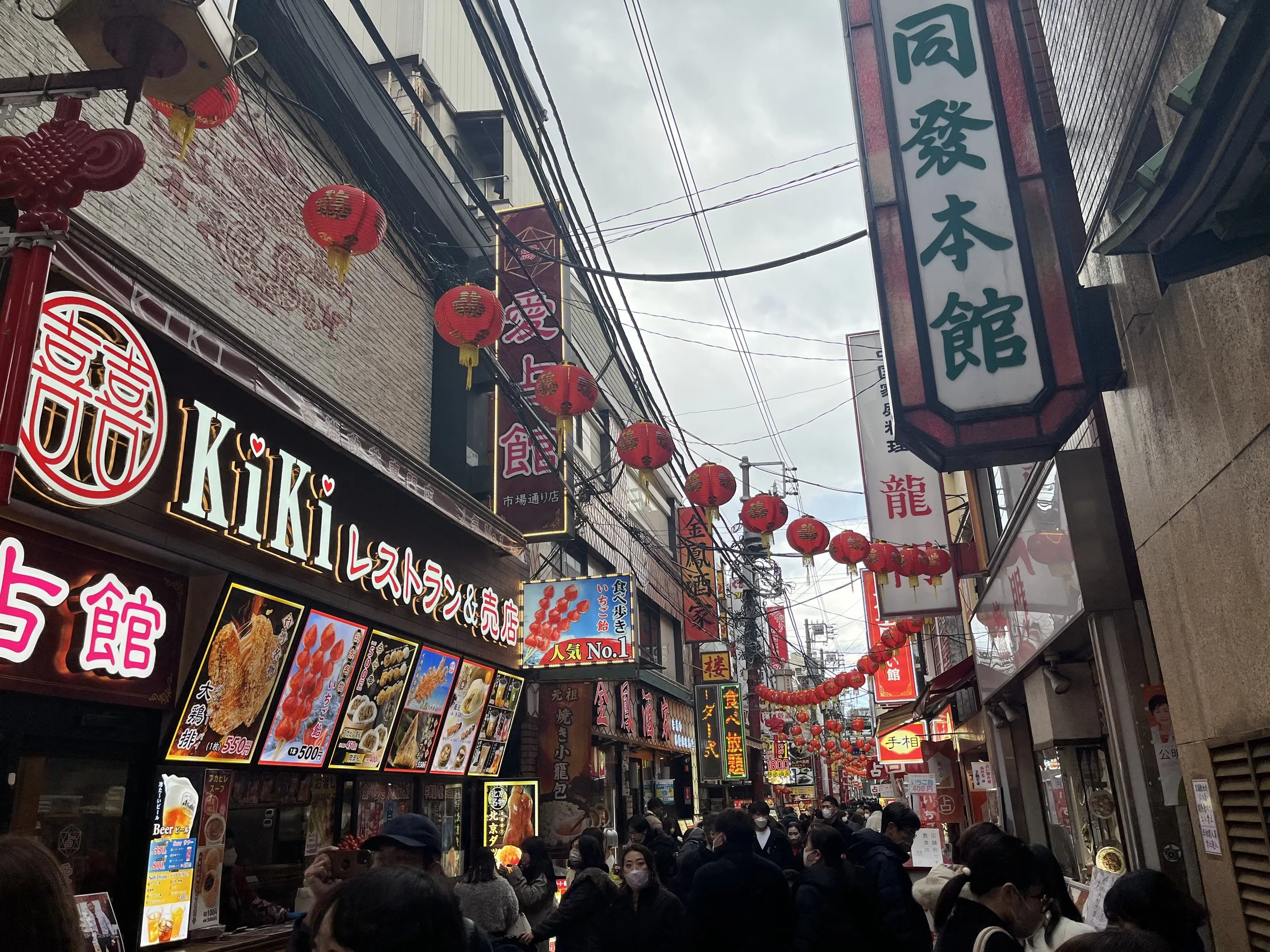The Limits of Humanism
Citation: Ma, Scott. 2025. “The Limits of Humanism: On the Discursive Construction of the Japanese ‘Chinatown’.” positions: asia critique 33(4). PDF
Abstract
The contemporary discourse surrounding the Japanese “Chinatown” relies on the “antinomy of Chinese humanity.” This antinomy holds together two individually reasonable statements: first, that a Chinatown houses Chinese inhabitants, and second, that no essential characteristic of Chinese people or Chinatowns exists. Interpreting Jacques Lacan’s theory of discourse, the article distinguishes two main sub-discourses that revolve around this antinomy in different ways. Whereas the activist discourse identifies with this Chinese community and argues that the Japanese public should recognize its difference, the academic discourse views Chinatowns from above to categorize them on the basis of their supposed authenticity. Usingconcrete examples of these discourses, this article performs close readings of the works of two influential actors in the construction of Chinatown: Yokohama Chinatown leader Hayashi Kensei, and cultural geographer Yamashita Kiyomi, respectively. The article specifically notes the operation of enjoyment in the repetition of their discourses and the implicit economic complicity in their explicitly cultural or scholastic speech. It also compares these thinkers with other influential participants in the discourse and contextualizes them within the history ofChinatown’s postwar touristification. A psychoanalytic critique of Chinatown allows us to recognize the limits of humanistic ideologies and imagine new modes of seeing Chinatown.
Keywords
psychoanalysis – capitalism – discourse analysis – overseas Chinese – race
